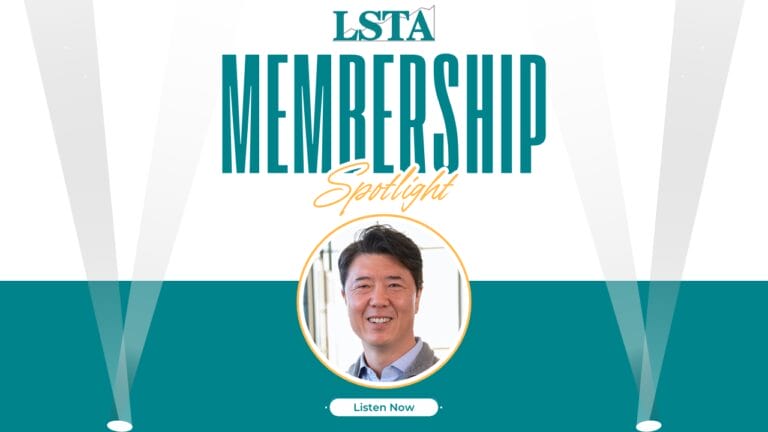April 15, 2024 - We recently noted that the Creditor Rights Coalition (CRC) proposed a rule to the Committee on Rules of Practice and Procedure for federal courts (the “Rules Committee”) that would require that “mega bankruptcy cases” (cases in which a debtor has greater than $100 million of assets or liabilities) would be randomly assigned to any bankruptcy judge of the district in which the case is filed. The issue of judge shopping has been drawing increasing scrutiny well beyond bankruptcy. Indeed, as we wrote in March, the Judicial Conference of the United States approved a rule in all federal civil cases “that seek to bar or mandate state or federal actions… whether by declaratory judgment and/or any form of injunctive relief” and would require that judges be assigned through a district -wide random selection process. However, the rule recommendation is voluntary, and several courts have made it clear that they would not comply.
As the New York Times reports, the refusal of courts to agree with the new recommendation has led to dueling legislative proposals, one by Senator Chuck Schumer and the other by Senator Mitch McConnell, that seek to codify the prohibition of judge shopping.
As the Times notes, the proposals approach the issue very differently. Schumer’s bill contains only one substantive paragraph: “Any civil action brought for declaratory, injunctive, or other equitable relief seeking (whether facially or as-applied) to challenge the constitutionality or lawfulness of, or to bar, restrain, vacate, set aside, or mandate the enforcement of, any provision of a Federal law on a nationwide basis, or any provision of a State law on a statewide basis in that State, shall be randomly assigned to a judge of the district court in which the civil action is filed.” By requiring random assignment of judges, the bill anticipates that the ability to target judges to obtain nationwide injunctions would end. The McConnell bill, in contrast, would “curtail the power of a single district court judge to issue a nationwide injunction and block federal policy across the entire country. The bill would limit the scope of district-court rulings to the parties in the case, or similar parties within the borders of the district. The McConnell bill also includes significant limitations on venue shopping. As we’ve noted, venue reform bills have been introduced in Congress many times but always die on the vine because of stiff opposition from various stakeholders.
It is too early to tell whether either of the new bills will get traction. From a bankruptcy reform perspective, the Schumer bill would seem to be an easier vehicle, needing only to expand its scope to bankruptcy cases in which a debtor has more than $100 million in assets. We will continue to follow the bills as they make their way through the legislative process.







